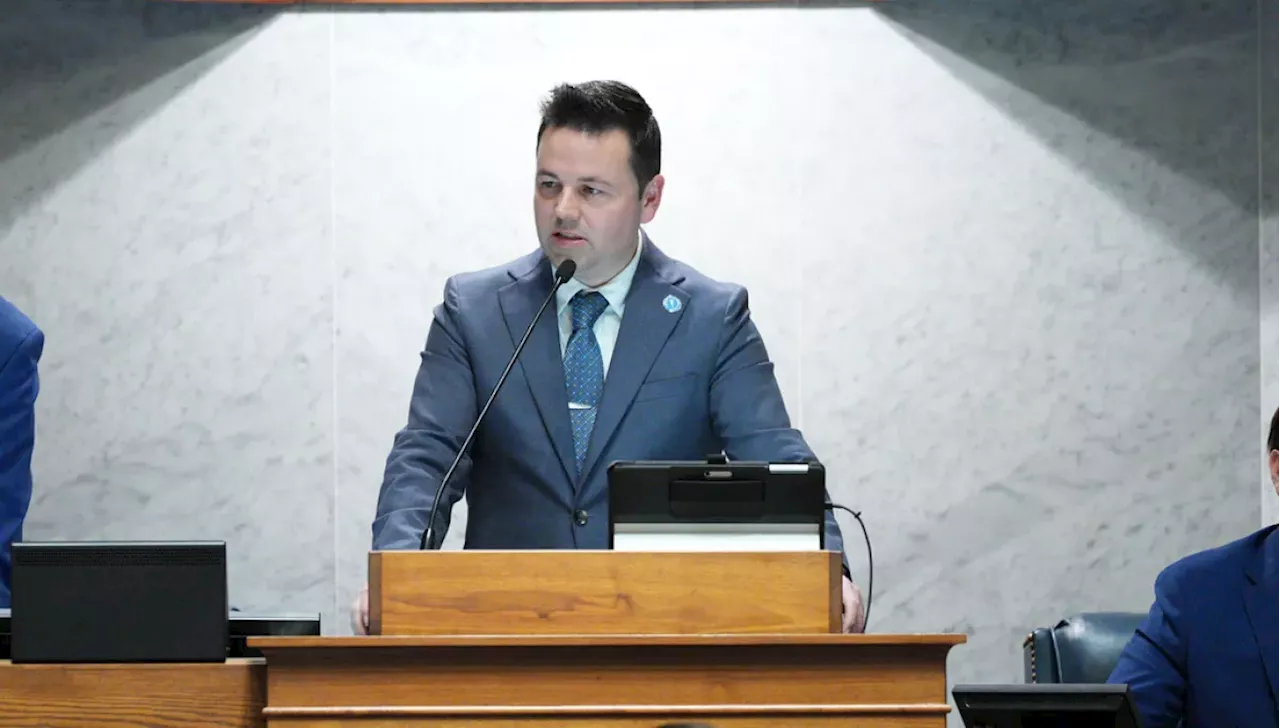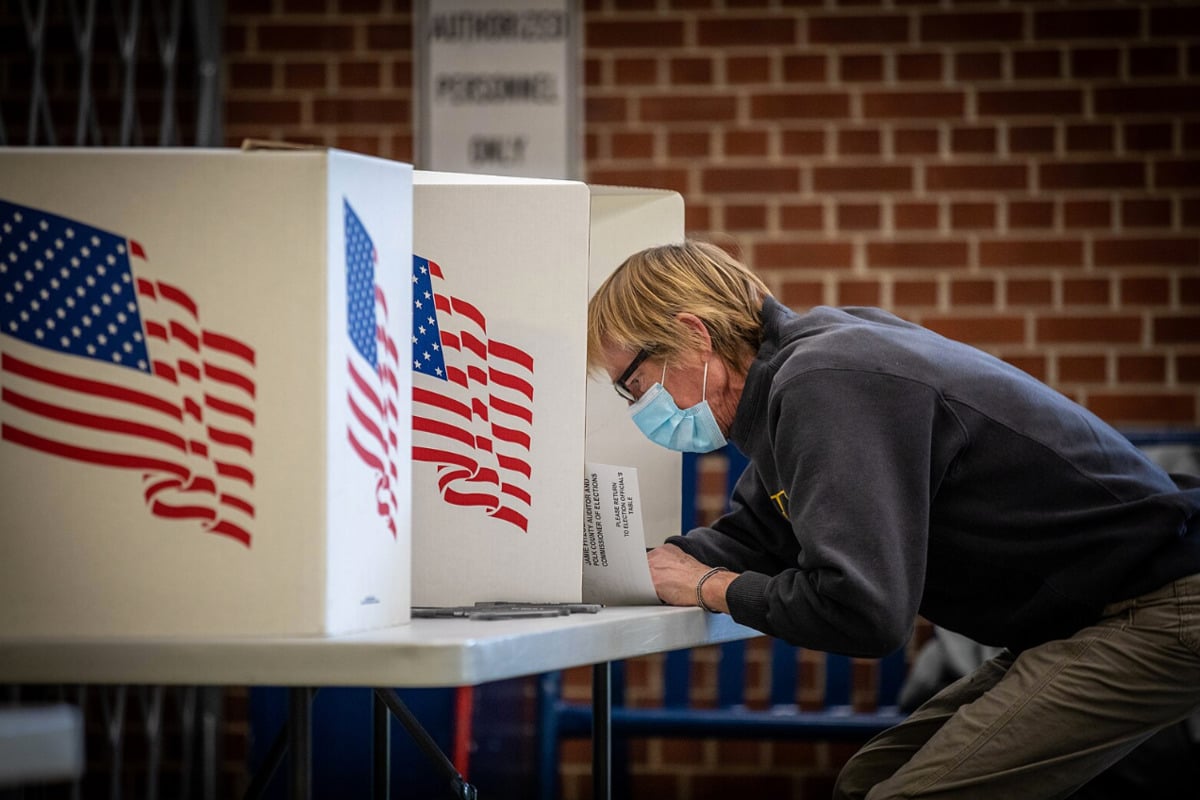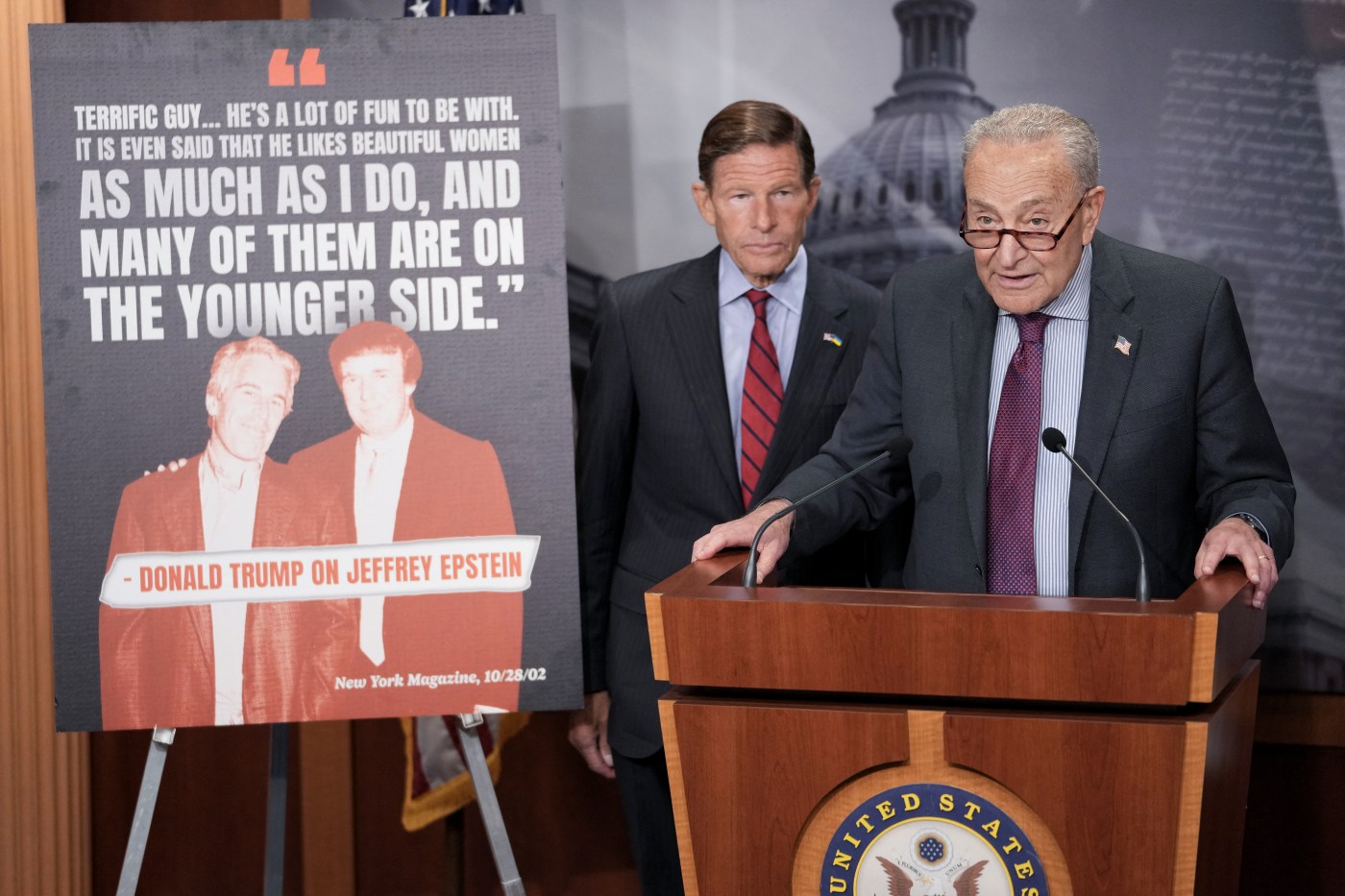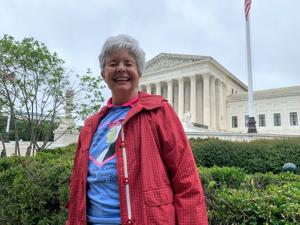President Donald Trump has clarified his administration’s plans regarding the testing of U.S. nuclear weapons, stating that no explosive tests will occur. This announcement comes after confusion following Trump’s social media comments suggesting a potential shift in U.S. nuclear policy. During a news conference on October 20, 2025, at the Nevada National Security Site, Chris Wright, Administrator of the National Nuclear Security Administration, confirmed that the planned tests will not involve nuclear explosions.
Wright explained that the tests described by Trump are “system tests” rather than detonations, which are defined as “noncritical explosions” aimed at ensuring the integrity of nuclear weapon components. He emphasized that these tests are necessary to verify the proper configuration of nuclear weapons, stating, “These are what we call noncritical explosions.”
The context of Trump’s comments arose just before a meeting with Chinese President Xi Jinping in South Korea. On his Truth Social platform, Trump hinted at a potential abandonment of the long-standing U.S. prohibition on nuclear testing, stating, “You’ll find out very soon,” which sparked widespread speculation.
Since the last U.S. nuclear test in 1992, the country has adhered to the Comprehensive Nuclear Test Ban Treaty, which aims to prohibit all nuclear explosions. Although the United States signed the treaty, it has not been ratified. The treaty has been largely observed by nuclear-capable nations, with North Korea being a notable exception.
The backdrop to Trump’s announcement includes recent developments in global nuclear capabilities. Following Trump’s remarks, Russia reaffirmed its commitment to the global ban on nuclear testing, despite recent claims of testing a new atomic-powered, nuclear-capable underwater drone. The Kremlin warned that should the U.S. resume nuclear testing, Russia would also reconsider its position, raising concerns about a resurgence of Cold War-era tensions.
The confusion surrounding Trump’s statements illustrates the delicate balance in international relations regarding nuclear capabilities. As military tensions continue to evolve, the implications of these testing plans could have far-reaching consequences on global security dynamics.







